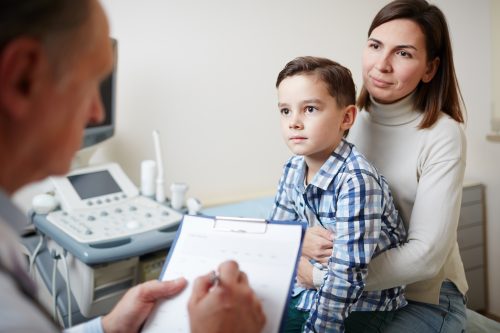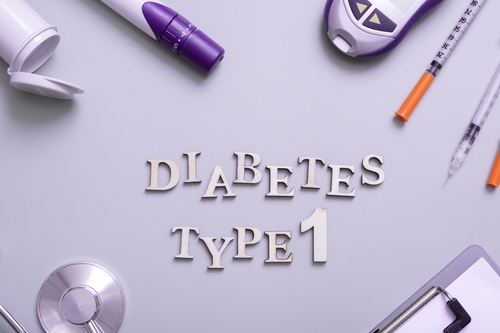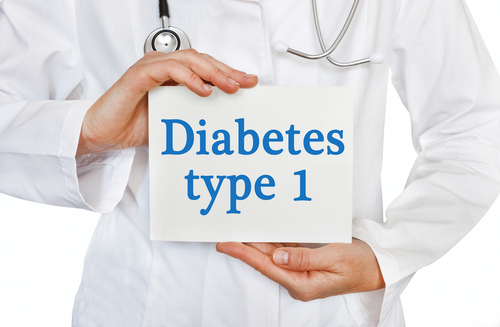
Elevated blood pressure and glucose levels are both significant risk factors for heart disease in young adults with type 1 diabetes (T1D), a new long-term study concluded. The results of the study, “Optimal Blood Pressure Goals for Cardiovascular Health in Individuals with Type 1 Diabetes,” were presented at the American Diabetes Association’s (ADA’s) 79th Scientific Sessions at the Moscone Convention Center in San Francisco.
The study included 605 T1D patients who were diagnosed at age ≤ 17 years; patients were followed for 25 years. Patients with elevated blood pressure levels (≥ 120/80 mm Hg) were twice as likely to develop coronary artery disease (CAD) compared to patients with blood pressure < 120/80 mm Hg.
Patients were stratified by time-weighted blood pressure (< or ≥ 120/80 mm Hg) and time-weighted HbA1c (< or ≥ 8%). Those with high blood pressure only had a hazard ratio (HR) of 2.0 for developing CAD, compared to an HR of 1.6 in the high HbA1c only group. Current guidelines recommend that young adults with T1D aim for a blood pressure level of 140/90 mm Hg. The findings of the present study suggest that even lower blood pressure levels may be beneficial for this patient population.
“Our researchers were intrigued by the findings suggesting that blood pressure and glycemia are similarly important for cardiovascular risk prediction in this type 1 diabetes patient group,” said lead study author Jingchuan Guo, MD, PhD, postdoctoral fellow at the Center for Pharmaceutical Policy and Policy at the University of Pittsburgh, in a meeting press release. “Since blood pressure control is likely to be as important as glucose control for cardiovascular risk prevention in people with type 1 diabetes, the initial treatment focus should be on glucose control, when HbA1c is very high, but as HbA1c approaches the high-normal range, an increasing focus on blood pressure becomes critical.”







 © 2025 Mashup Media, LLC, a Formedics Property. All Rights Reserved.
© 2025 Mashup Media, LLC, a Formedics Property. All Rights Reserved.